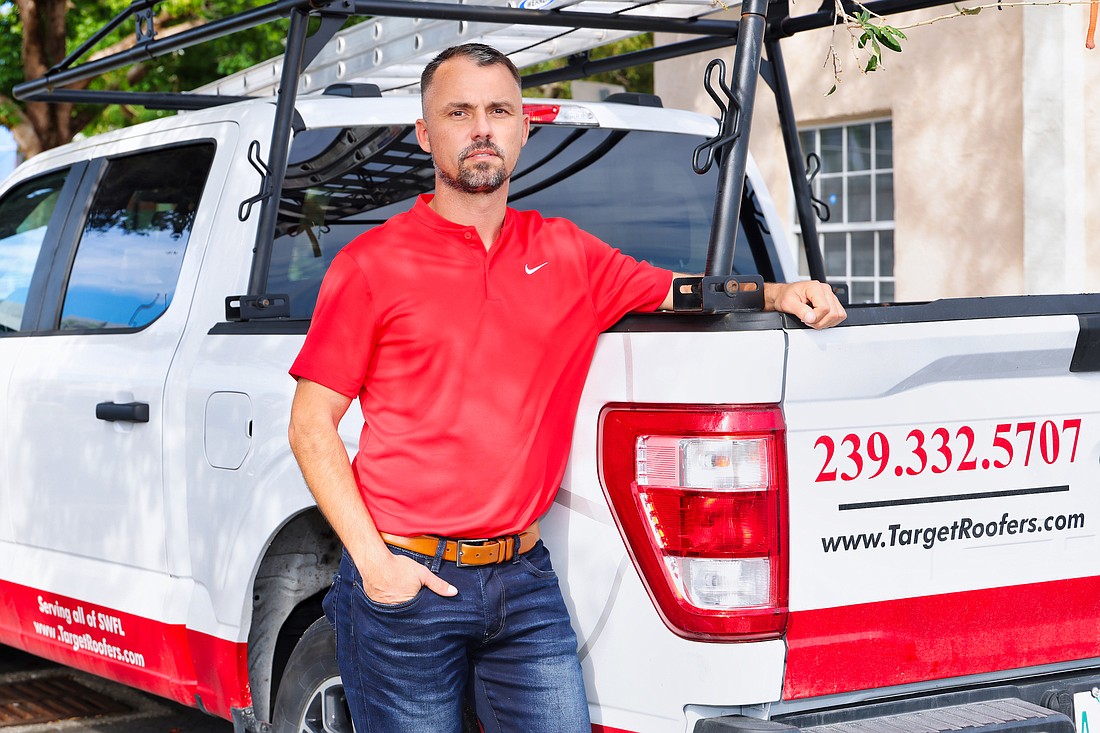- December 15, 2025
-
-
Loading

Loading

Fort Myers roofing executive Casey Crowther was quick to get in line for a loan from the federal government in spring 2020. It was a PPP loan, meant to bridge losses, or potential losses, his company Target Roofing, faced in the early days of the then-very uncertain pandemic.
The loan’s rules specified the funds were to be used for payroll, utilities and related business expenses.